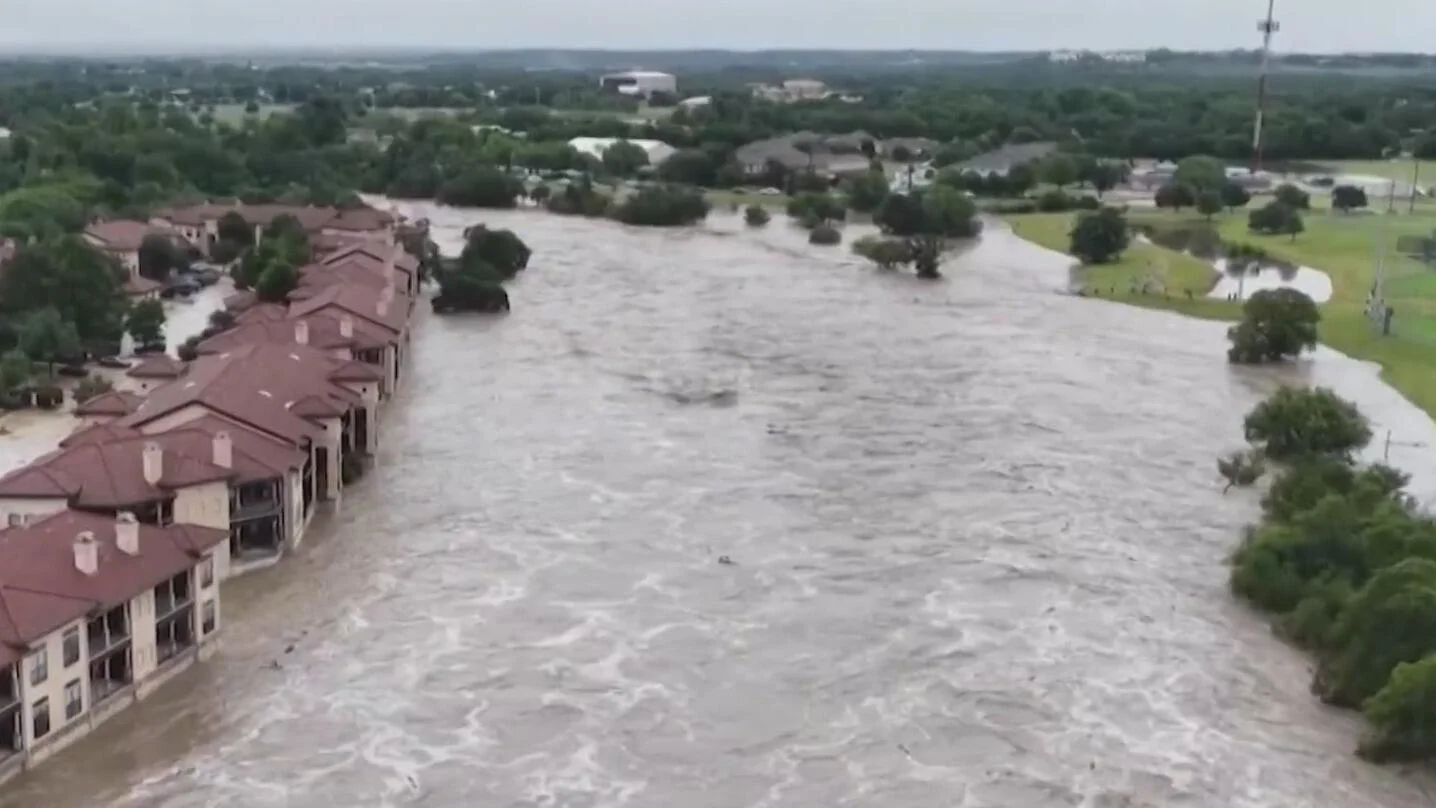The devastation across Kerr County, Texas, has reached staggering levels, with Governor Greg Abbott"s recent comments adding a layer of callousness to an already tragic situation. As the death toll has climbed to 110, with 161 more missing, Abbott likened those questioning accountability to a losing football team, obstructing the urgent need for a thorough investigation into the state"s disaster response.
Abbott"s Inflammatory Remarks
During a press conference held on Tuesday, Abbott dismissed a reporter"s inquiry regarding accountability for the catastrophic flooding that has wreaked havoc on the community. His comments, framing the search for answers as akin to that of a sports team looking for scapegoats, reveal a troubling disregard for the gravity of the situation. By minimizing the questions surrounding emergency preparedness and response, Abbott deflects attention from the systemic failures that have led to this tragedy.
Historical Context of Emergency Management Failures
As reported by AP News, the flooding in Texas is not an isolated incident but part of a continuing pattern of inadequate disaster response. The aftermath of Hurricane Harvey in 2017 saw similar criticisms directed at both state and federal agencies, with local officials expressing frustration over the slow response times of the Federal Emergency Management Agency (FEMA). According to Texas Politics, recent hearings have highlighted ongoing failings in emergency management, suggesting that the state is woefully unprepared for extreme weather events that climate change continues to exacerbate.
\n\n
Did the soil and terrain in Central Texas set the stage for the devastating flood?
Impact on Vulnerable Communities
The implications of Abbott"s dismissive attitude extend beyond mere rhetoric. The communities affected by the flood are often those already marginalized, with limited resources to recover from such disasters. In Kerr County, where the tragedy struck, many families have lost everything, including loved ones. As reported by The Washington Post, among the deceased are children and young campers, whose futures were abruptly extinguished. The lack of a comprehensive disaster response puts these communities at greater risk, creating a cycle of vulnerability that is difficult to escape.
The Role of Technology in Disaster Response
In an era where technology plays a critical role in crisis management, the failure to leverage digital tools for effective emergency response is glaring. The Texas Division of Emergency Management, which operates with a budget largely composed of federal grants, has not fully harnessed the potential of technology to improve communication, resource allocation, and response times. The need for a robust digital infrastructure that prioritizes transparency and accessibility is more urgent than ever. As we navigate these challenges, it is essential to advocate for policies that emphasize equitable access to technology in disaster-prone areas.
\n\n
SPB - Capitol Myths and Legends
Urgent Need for Systemic Change
The comments made by Governor Abbott are indicative of a broader issue: a political landscape that prioritizes narrative over accountability. As the state grapples with the aftermath of the floods, the failure to conduct an independent investigation into the disaster response could further erode public trust. A comprehensive review of emergency management strategies is not just necessary but imperative, especially as we face increasing climate-related disasters. The stakes could not be higher, and the voices of the victims and their families must be at the forefront of this dialogue.



![[Video] Gunfire between Iraqi security forces and Sadr militias in Baghdad](/_next/image?url=%2Fapi%2Fimage%2Fthumbnails%2Fthumbnail-1768343508874-4redb-thumbnail.jpg&w=3840&q=75)
